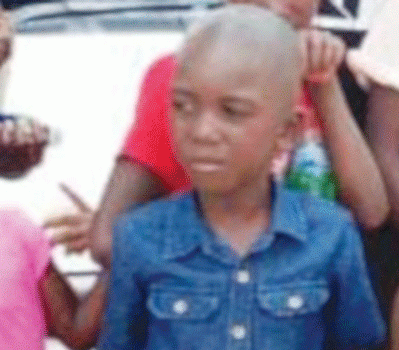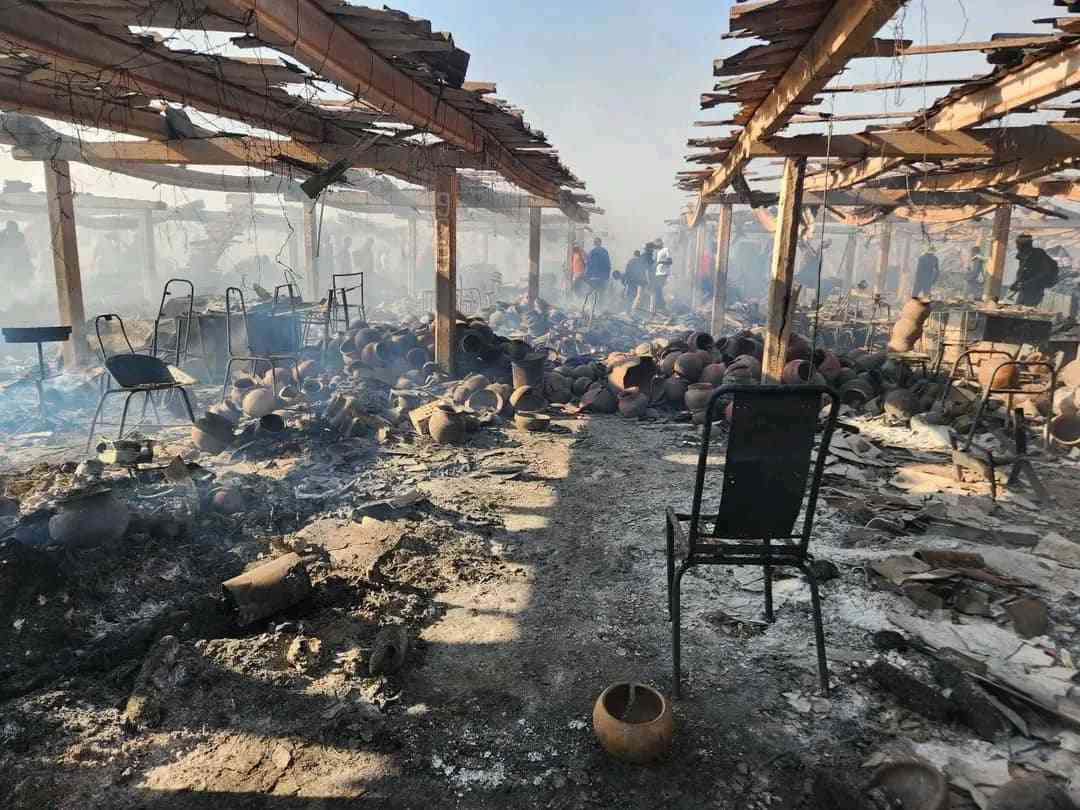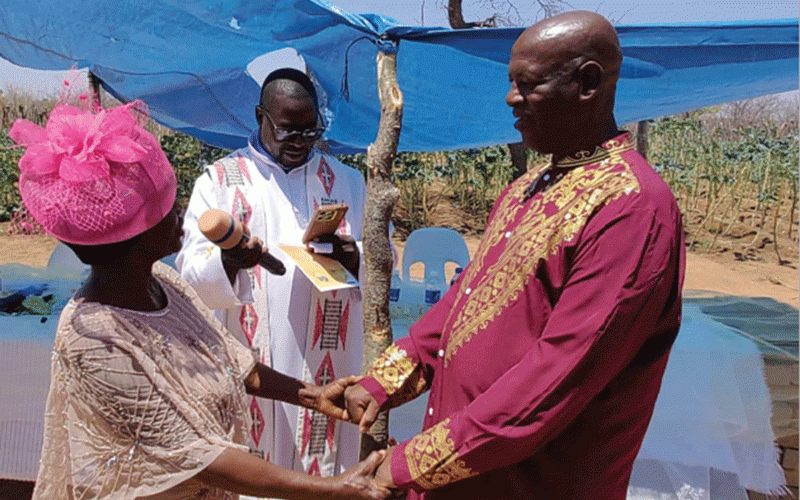
By Gamuchirai Masiyiwa/Linda Mujuru TEARS run down Michael Benza’s face as he recalls the recent deaths of his son Dylan and nephew’s daughter, Melissa. They were both seven.
“I was away from home, and when I came back, there was mayhem,” he says. The children didn’t make it home from school that day, and many people from the village were searching for them.
They searched all night. The next day, the children’s bodies were found in an abandoned house in the village, along the road children in the area use everyday to walk to school.
Their throats had been cut, and blood drained, says national police spokesperson Assistant Commissioner Paul Nyathi — a sign the killings may have been for ritual purposes.
“It hurts,” Benza says, “that someone decided to kill my child like an animal.”
The April 2021 killings, have upended this community of small-scale farmers in eastern Zimbabwe, near the border with Mozambique.
And they have sparked a larger national conversation about child safety and the ways traditional beliefs can mislead desperate people.
Some witch doctors and traditional healers in Zimbabwe have long promoted the idea that the blood of young children is pure and can bring blessings and good luck, and that body parts may be used in rituals intended to create wealth.
- Chamisa under fire over US$120K donation
- Mavhunga puts DeMbare into Chibuku quarterfinals
- Pension funds bet on Cabora Bassa oilfields
- Councils defy govt fire tender directive
Keep Reading
The Benza killings came at a time when the nation was still trying to come to terms with the gruesome murder of seven-year-old Tapiwa Makore in Murehwa, Mashonaland East province in September 2020. His uncle and two other suspects have been arrested over the suspected ritual murder.
“Many people are being hoodwinked by callous traditional healers into believing that the gruesome killing of innocent children, especially their relatives, can bring them good fortune,” says Heaven Munyuki, founder and executive chairman of Mwanachipo Africa Trust, a non-governmental organisation in Zimbabwe that advocates for children’s rights.
The Zimbabwe National Traditional Healers Association says it doesn’t condone such practices. “We don’t encourage the use of body parts,” says Prince Mutandi Sibanda, the group’s secretary for education and research.
“We have a legal obligation not to do so, and if any of our members uses body parts for any processes, they will lose their membership and be prosecuted for that.”
Such beliefs are not widespread in Zimbabwe.
But the impact of the coronavirus pandemic on people’s livelihoods, coupled with the worsening national economy, may have prompted some individuals to do the unthinkable in the hope of improving their financial circumstances, police and child advocacy groups say.
Over the past two years, police have recorded five cases across the country in which children were allegedly slain for suspected ritual purposes, Nyathi says.
It’s not the first time that children have been killed in such a manner. But the recent spate of killings has sparked intense interest and discussions on social media, with many people denouncing the beliefs.
“Traditional healers should be sensitised on the right to life that children also have and safeguard their lives,” says John Mhlanga, programmes manager at Justice for Children, a non-governmental organisation that provides legal assistance to children and advocates for their rights.
“Many people are being hoodwinked by callous traditional healers into believing that the gruesome killing of innocent children, especially their relatives, can bring them good fortune.”
Mhlanga says that social media and text messaging platforms have led to heightened concern among the public about the killings and the issues surrounding them.
“With technology development such as WhatsApp, information is now flowing and moving very fast,” Mhlanga said.
“People are now starting to appreciate the rights of children and the right to life, so we now have a lot of publicity around these issues.”
Following the slayings in April, Munyuki says his organisation launched a national campaign to end the ritual killing of children and is encouraging children to walk in groups and avoid secluded places.
Nyathi says police also have launched a national campaign that involves messaging on social media and partnering with organisations that fight for children’s rights.
In Nyanga, residents are still struggling to make sense of the killings. Charles Manyama, a village head, says what happened was unheard of and something he has never witnessed before.
“We were shocked,” he said. “To even talk about it today is traumatising.”
In April, police arrested two men who live in the village and charged them with the murder.
They are being held in jail pending trial, Nyathi says. It was not possible to speak to the men directly, but Barbara Munyawarara, the wife of one of them, says police wrongfully accused her husband and that he was home with her on the night of the killings.
For the parents of the slain children, the lack of closure is agonising. Benza’s nephew, Douglas says Melissa’s death has left a deep wound in his heart, and his life has not been the same since.
According to tradition, when people die their clothes and belongings pass on to relatives to wear and use in their memory. Benza gave his daughter’s clothes to his nieces.
“I sometimes cry just by looking at the kids wearing her clothes,” he says, “and always wish if she was around, she would be playing like other kids.”
lGamuchirai Masiyiwa and Linda Mujuru both work for Global Press Journal and are based in Harare, Zimbabwe.










